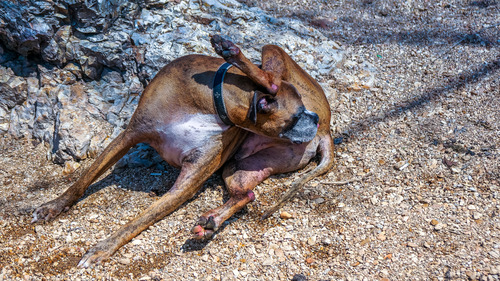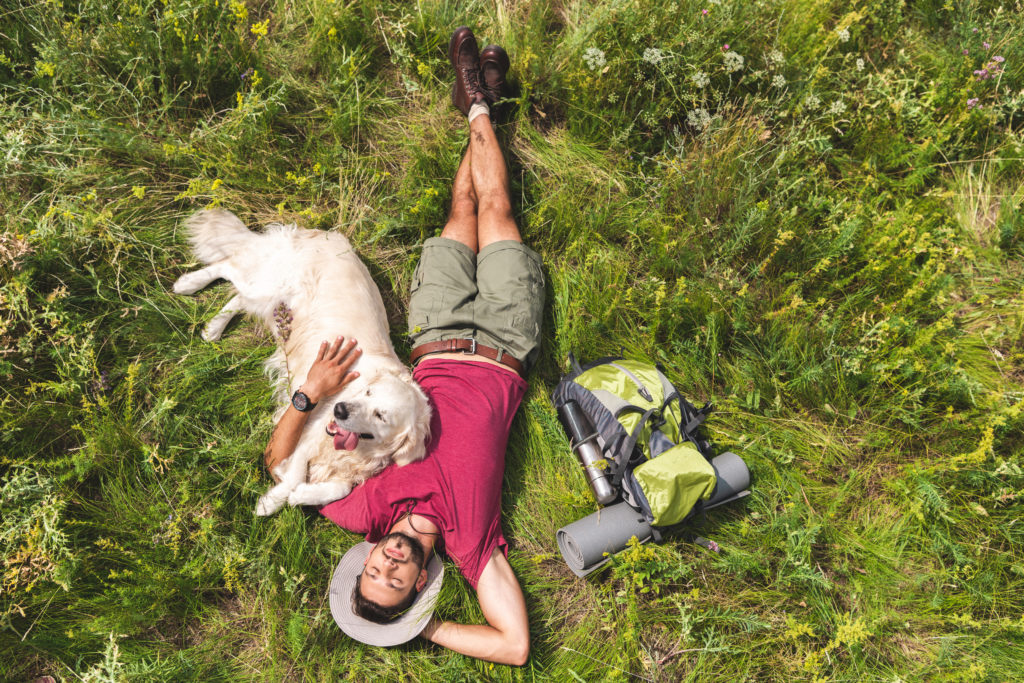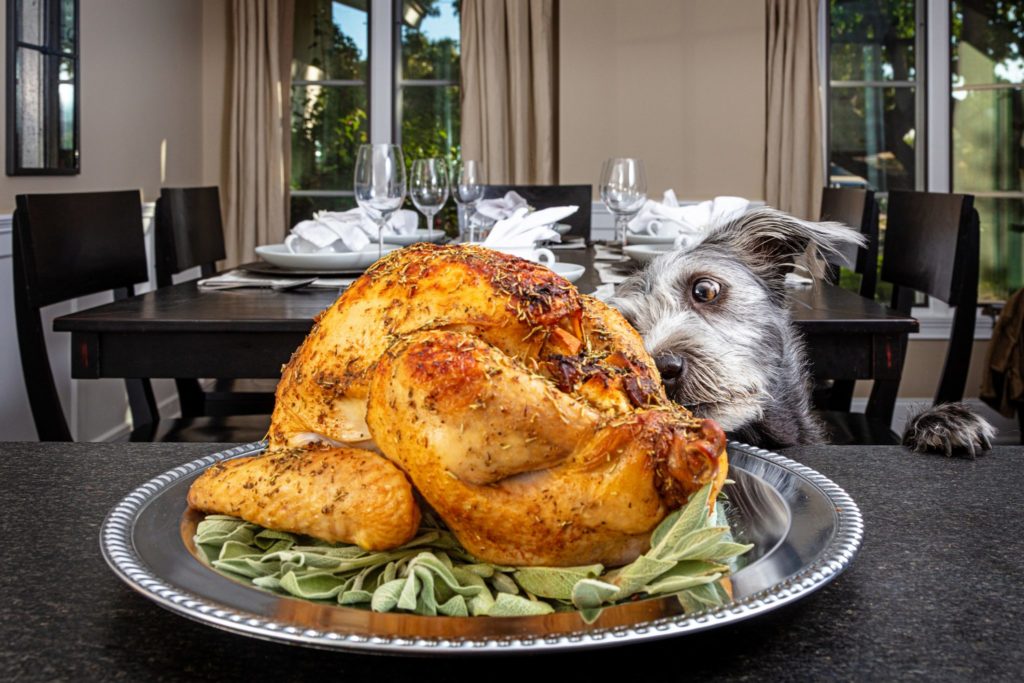Dog scooting butt behavior can be concerning and perplexing for pet owners. Watching your dog drag their rear end across the floor might make you wonder what’s causing this behavior and what you can do about it. In this article, we’ll explore the common reasons behind dog scooting, how to address it, and when it’s time to call a veterinarian. Understanding the underlying causes can help you ensure your dog stays comfortable and healthy.

Common Causes of Dog Scooting
Dog scooting can be caused by various issues, ranging from minor irritations to more serious health concerns. Understanding these common causes can help you identify the problem and take appropriate action.
Anal Gland Problems
One of the most common reasons for dog scooting butt behavior is anal gland problems. Dogs have two small glands located on either side of their anus. These glands secrete a scent-marking fluid, but sometimes they can become impacted or infected. When this happens, dogs may scoot their rear end on the ground in an attempt to relieve the discomfort.
Symptoms of anal gland issues include:
- Frequent licking of the anal area
- Swelling or redness around the anus
- Foul-smelling discharge
Parasites
Parasites such as tapeworms or roundworms can cause significant irritation around your dog’s anal area, leading to scooting. These parasites can be contracted from ingesting infected fleas or feces from other animals.
Signs of a parasitic infection may include:
- Visible worms or segments in feces
- Weight loss or changes in appetite
- Lethargy or decreased energy levels
Skin Allergies or Irritations
Skin allergies or irritations can also lead to dog scooting butt behavior. Allergies to certain foods, environmental factors like pollen, or contact with irritants can cause itching and discomfort around the anal area.
Common signs of skin allergies include:
- Red, inflamed skin
- Excessive scratching or licking
- Hair loss or bald spots
Diagnosing the Cause of Dog Scooting
Diagnosing the cause of your dog’s scooting behavior is essential to provide appropriate treatment. A visit to your veterinarian can help determine the underlying issue and guide you toward the best solution.
Veterinary Examination
A thorough veterinary examination is the first step in diagnosing the cause of dog scooting. During the examination, your veterinarian will:
- Conduct a physical exam to check for swelling, redness, or other signs of irritation
- Express your dog’s anal glands to check for impaction or infection
- Perform a fecal examination to check for parasites
Additional Tests
In some cases, additional tests may be necessary to determine the cause of scooting. These tests can include:
- Skin scrapings to identify allergies or infections
- Blood tests to check for underlying health issues
- Imaging tests like X-rays or ultrasounds to examine the anal glands and surrounding structures
Treatment Options for Dog Scooting
Once the cause of your dog’s scooting butt behavior has been identified, your veterinarian can recommend the appropriate treatment. Treatment options vary depending on the underlying cause.
Treatment for Anal Gland Problems
If anal gland issues are causing your dog to scoot, your veterinarian may recommend regularly expressing the anal glands, antibiotics if an infection is present, or dietary changes to include more fiber, which can help prevent impaction.
Treatment for Parasites
If parasites are the cause, your veterinarian will prescribe the appropriate deworming medication. It’s important to follow your veterinarian’s instructions and complete the full course of treatment to ensure all parasites are eliminated.
Treatment for Skin Allergies
For skin allergies or irritations, treatment may include:
- Hypoallergenic diets to identify and eliminate food allergens
- Medications to control itching and inflammation
- Topical treatments or medicated shampoos to soothe irritated skin
Preventing Dog Scooting
Preventing dog scooting involves addressing the underlying causes and maintaining your dog’s overall health. Here are some tips to help prevent this behavior.
Regular Veterinary Check-ups
Regular veterinary check-ups are crucial for early detection and prevention of health issues that can cause scooting. During these visits, your veterinarian can:
- Monitor your dog’s anal glands and express them if necessary
- Check for signs of parasites and recommend preventive treatments
- Assess your dog’s overall health and make dietary or lifestyle recommendations
Parasite Prevention
Preventing parasites is essential for your dog’s health and can help prevent scooting. Use veterinarian-recommended flea and tick preventives, and ensure your dog receives regular deworming treatments.
Maintaining a Healthy Diet
A balanced diet rich in fiber can help maintain your dog’s digestive health and prevent anal gland issues. Consult your veterinarian for dietary recommendations tailored to your dog’s needs.
When to Call VO Vets
If your dog’s scooting behavior persists or is accompanied by other concerning symptoms, it’s important to seek veterinary care. At VO Vets in Fort Worth and Trophy Club, TX, we are here to help you address your dog’s health concerns and provide the best care possible. Call us or request an appointment online if you notice any of the following:
- Persistent scooting despite home care measures
- Signs of pain or discomfort
- Visible swelling, redness, or discharge around the anus
- Changes in appetite, weight, or energy levels
By understanding the reasons behind your dog’s scooting butt behavior and seeking timely veterinary care, you can help ensure your pet remains comfortable and healthy. Contact VO Vets today to schedule an appointment and let us assist you in keeping your dog happy and well.



